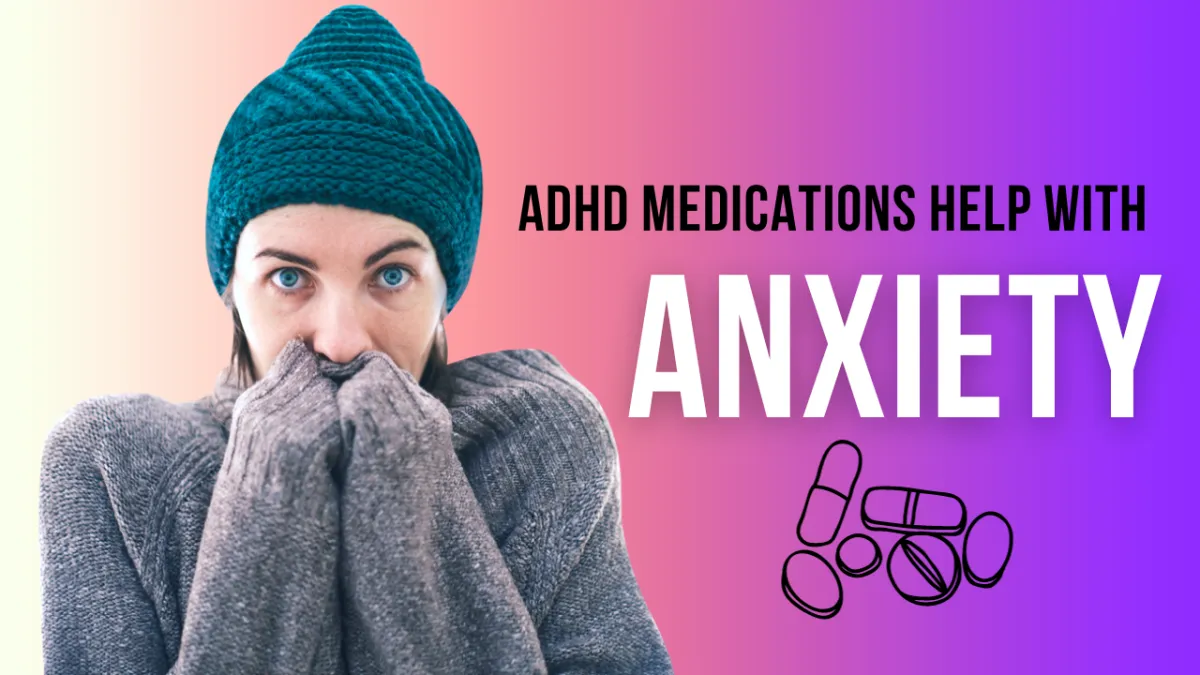
Can ADHD Medications Help with Anxiety?
Can ADHD Medications Help with Anxiety?
At ADHD Learning Pathways, we understand that the journey of helping a loved one with ADHD can be challenging, especially when they also struggle with anxiety. In this comprehensive article, we will explore the relationship between ADHD medications and anxiety, providing valuable insights and information that can guide you towards a more informed decision-making process.
Understanding ADHD and Anxiety:
ADHD, or Attention Deficit Hyperactivity Disorder, is a neurodevelopmental condition that affects individuals' ability to focus, control impulses, and regulate their behavior. It often coexists with other conditions, with anxiety being one of the most common companions. It's crucial to recognize the interplay between these two conditions to effectively address them.
The Impact of ADHD on Anxiety:
Individuals with ADHD may experience heightened levels of anxiety due to several factors:
1. Difficulty Staying on Task:
ADHD often leads to difficulty in staying on task, which can result in increased stress and anxiety, especially in academic or work settings.
2. Easily Distracted:
ADHD individuals are easily distracted by their surroundings, which can contribute to heightened anxiety, as they may constantly feel overwhelmed by external stimuli.
3. Trouble with Sequential Instructions:
Following sequential instructions can be challenging for those with ADHD, leading to a sense of frustration and anxiety when tasks become complex or multi-step.
ADHD Medications and Anxiety:
Now, let's delve into the topic of ADHD medications and their potential impact on anxiety. ADHD medications are primarily designed to improve focus, impulse control, and overall executive functioning. While they may not directly target anxiety, their effectiveness in managing ADHD symptoms can indirectly alleviate anxiety-related issues.
Types of ADHD Medications:
There are two main categories of ADHD medications: stimulants and non-stimulants.
1. Stimulant Medications:
Stimulant medications, such as methylphenidate and amphetamine-based drugs, are commonly prescribed for ADHD. While it may seem counterintuitive, stimulants can often help reduce anxiety in individuals with ADHD. They enhance the brain's ability to focus, making daily tasks more manageable and less anxiety-inducing.
2. Non-Stimulant Medications:
Non-stimulant medications, like atomoxetine and guanfacine, are alternative options for those who cannot tolerate stimulants. These medications also aim to improve ADHD symptoms, potentially providing relief from associated anxiety.
Personalized Treatment Approach:
It's crucial to understand that there is no one-size-fits-all solution when it comes to treating ADHD and anxiety. Each individual is unique, and their response to medications can vary. Therefore, a personalized treatment approach is essential.
Consultation with a Medical Professional:
We strongly recommend consulting with a medical professional who specializes in ADHD and related conditions. They can evaluate the specific needs of your loved one and recommend the most suitable treatment plan, which may include medications, therapy, or a combination of both.
Addressing Co-Existing Conditions:
In some cases, anxiety and ADHD may require separate interventions. A comprehensive treatment approach may involve therapy, lifestyle changes, and mindfulness techniques to address anxiety while also managing ADHD symptoms effectively.

